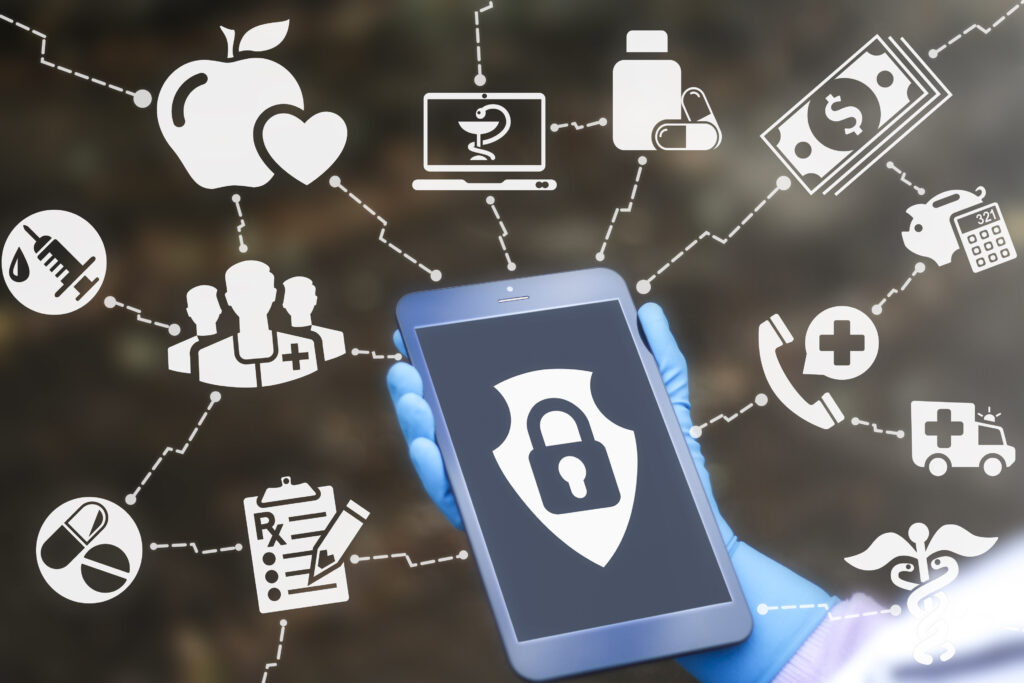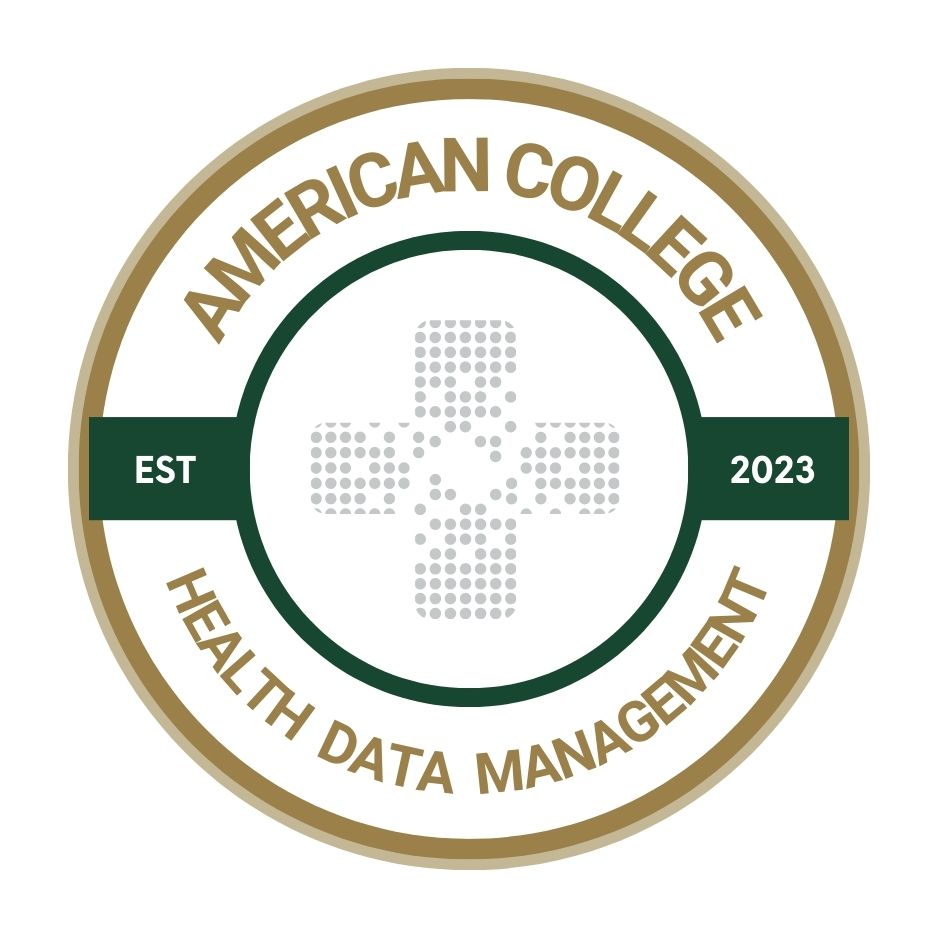Why recent breaches are a clarion call to improve data protection
The footprint for vulnerability is growing wider because of telemedicine and RPM, putting a higher priority on basic security blocking and tackling.

Data security and secure data exchange are crucial components in healthcare data management. With the rise of technology and electronic health records, managing and protecting patient information has become increasingly important.
In this ever-evolving digital landscape, it is essential for healthcare organizations to prioritize data security and implement robust strategies for secure data exchange.
The consequences of poor security
The consequences of poor data security in healthcare can be severe, not only for patients but also for the organizations that handle their information.
In 2019 alone, there were more than 500 reported breaches in the healthcare sector, compromising millions of electronic health records. These breaches can result in stolen personal information such as Social Security numbers or medical histories, leading to identity theft or insurance fraud.
Aside from financial implications, these breaches also have a significant impact on patient trust. When their personal information is compromised, patient data may lose faith in the healthcare system, resulting in reluctance to share crucial health information with their providers. This can hinder effective treatment and lead to subpar healthcare outcomes.
Challenges to secure data exchange
The complexity of healthcare systems creates unique challenges when it comes to secure data exchange. The vast amount of sensitive information circulating through various entities within the industry makes it vulnerable to cyber threats, human error and technical malfunctions.
One solution to these challenges is implementing strong encryption methods for data at rest and during transmission between different systems. Encryption ensures that even if a breach occurs, the stolen data will be unreadable without proper decryption keys. Additionally, regular network monitoring can help identify any potential vulnerability or intrusions before they escalate into a full-blown breach.
Another key solution is employee training about the proper handling of sensitive information. Human error accounts for a significant portion of data breaches in healthcare settings. Therefore, educating employees on best practices for data security can significantly reduce risks.
As an IT administrator at a hospital, I witnessed firsthand the importance of data security in healthcare. One day, a hardware failure caused several patient records to become inaccessible. After numerous attempts to retrieve the data failed, it was discovered that there had been no recent backup of the critical information.
The incident was a wake-up call for the organization, prompting it to revamp data security protocols. It implemented regular backups and invested in more robust encryption methods for sensitive information. The experience highlighted the need for proactive measures to ensure secure data exchange and prompted a stronger focus on employee training on data handling procedures.
Keys to successful data security
In addition to technical solutions, there are also practical steps that healthcare organizations can take to enhance their data security efforts.
Prioritizing data security
From my experience working in the healthcare industry, I have learned that prioritizing data security is crucial for successful healthcare operations. Patient trust is essential, and without proper protection of their sensitive information, providers risk losing their confidence and cooperation.
Additionally, with the rise of telemedicine and remote patient monitoring, secure data exchange has become even more critical for maintaining confidential health information. As such technologies continue to advance, so must strategies for ensuring secure data management within healthcare settings.
The importance of data security and secure data exchange cannot be overstated in modern-day healthcare management. It is crucial for organizations to stay up-to-date with evolving cybersecurity threats and implement robust security measures to protect sensitive patient information.
The consequences of poor data security can have severe implications for both patients and healthcare organizations. However, with the implementation of robust technical solutions and best practices, risks can be mitigated and sensitive patient information can be better protected.
By prioritizing data security and promoting a culture of cybersecurity awareness, we can ensure trust and confidence in our healthcare systems while providing quality care to patients.
William Triplett is a fellow of the American College of Health Data Management, a technology advisor for the U.S. Department of Homeland Security and a faculty member on health information technology for the University of Maryland-Baltimore County. His profile can be found here.
